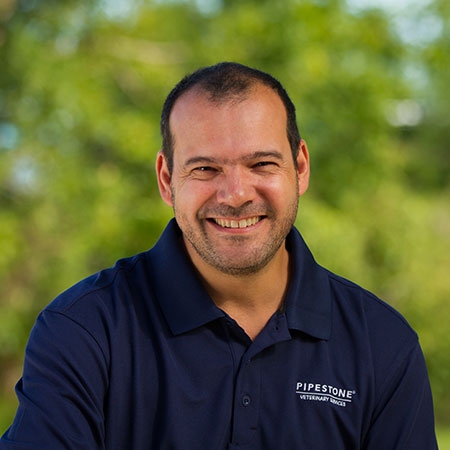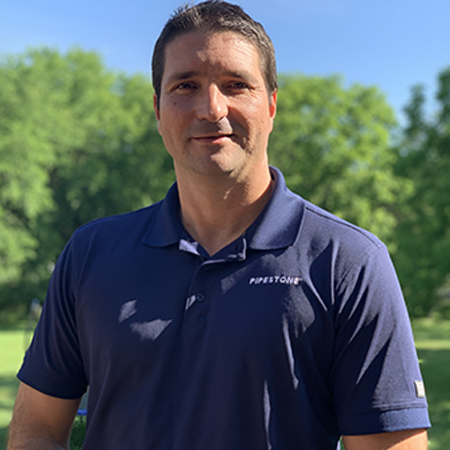 PIPESTONE’s relationship with the Mexican swine industry is not new. Multiple interactions between our technical team and local players have occurred over the past few decades. However, it was not until 2015, when PIPESTONE had the opportunity to participate in a start-up project of 10,000 sows, that this relationship got more formally established. This successful project proved that the PIPESTONE team was able to design, build and operate a farm in Mexico in a profitable way like we do in the USA. After this, other projects followed and PIPESTONE began to provide management services to farms and systems that were already established.
PIPESTONE’s relationship with the Mexican swine industry is not new. Multiple interactions between our technical team and local players have occurred over the past few decades. However, it was not until 2015, when PIPESTONE had the opportunity to participate in a start-up project of 10,000 sows, that this relationship got more formally established. This successful project proved that the PIPESTONE team was able to design, build and operate a farm in Mexico in a profitable way like we do in the USA. After this, other projects followed and PIPESTONE began to provide management services to farms and systems that were already established.
The Mexican swine industry has undergone a strong transformation from traditional production with low technology, fragmentation, and significant health challenges, towards integrated systems that incorporate innovative technology for high productivity and health. This accelerated change is placing Mexico’s one million sows at greater competitiveness levels in the global pork market. In addition to contributing with our experience in farm and system design consultation we have focused resources on improved health and biosecurity. PIPESTONE’s commitment to Mexican producers and the health of their herds is exemplified by the determination of our team. The following is just an example.

Dr. Jean Paul (JP) Cano is a veterinarian from Venezuela who obtained his PhD from the University of Minnesota. After 20 years of experience in private practice, teaching, pharmaceutical and breeding-stock suppliers, JP joined PIPESTONE to lead the veterinary services team in Latin America. JP, his wife, Dr. Maria Jose Clavijo, their son, Tomas (10), and their daughter, Manuela (6), previously lived in Hendersonville, TN. After a year of a lot of traveling south, the rapid growth PIPESTONE was experiencing in Mexico motivated the Cano-Clavijo family to make a major change of course in their lives. In July, the family moved to Guadalajara, Mexico to spend more time together and to make it easier for JP to work on the ground to build the health team and serve our clients.
In the last month, three new veterinarians have joined the Mexican health team to attend 46,000 managed sows, a big portion of their growing pigs and 50,000 sows in veterinary services. Mexico swine production has some differences with the US that can make managing health a challenge. Recent sow farms are larger and include internal gilt multiplication. Growing sites are huge, making it almost impossible to flow them in an all-in/all-out way. Exaggerated biosecurity focus on people compared to feed, transport or air, extremely high PRRS and PED prevalence and the presence of diseases such as Blue Eye (paramyxovirus) are just some examples. Despite the challenges, the PIPESTONE team has been able to adapt and incorporate necessary tools and concepts to help our clients. Everything indicates that the number of clients and sows will continue to grow in the coming months, as well as the need for talent, tools and services to replicate the successful PIPESTONE model in Mexico.
By: Dr. Gustavo Pizarro, Director of Latin America Operations Pipestone Management
